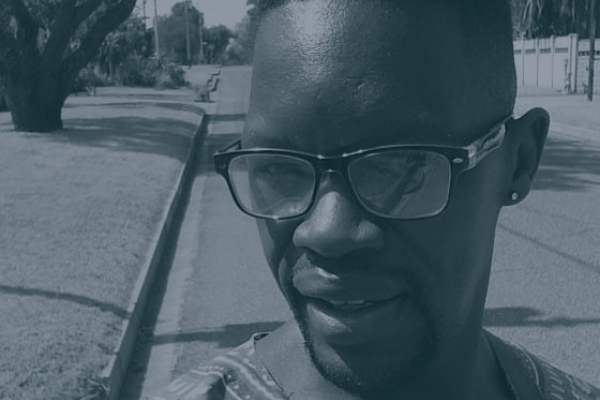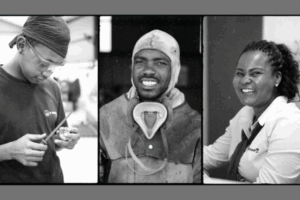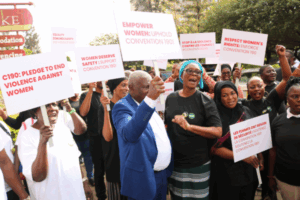Every community is affected by the covid-19 pandemic. For LGBT people, the impact can be disproportionate. As part of our LGBTI labour rights project, Nosipho Twala of LRS spoke with Nkosinathi Zwane (36) about how the covid-19 pandemic has affected his dignity as a gay worker. Below is Nkosinathi’s story.
The Covid-19 lockdown measures have made me emotionally exhausted. Emotional exhaustion, according to experts, is caused by stress. People with emotional exhaustion often feel powerless, stuck or trapped in their situation. I feel powerless, stuck and trapped – the pandemic and subsequent lockdown ruined my small baking business based in Mohlakeng in Randfontein.
The first positive case in South Africa was officially reported on 5 March 2020, about the time I began the process of registering my informal business. Before the pandemic, I sold at least five cakes to big clients per month and sweet treats to people in my community.
Easter is a peak season for my business and church groups especially make big orders. This year I didn’t get orders because the pandemic unfolded during the Easter period. Some of my clients cancelled cake orders and their events to follow lockdown rules. I refunded the deposits but charged a 10% penalty fee for cancelling to cover the cost of ingredients, which I buy in bulk in Johannesburg, some 40 minutes drive from Randfontein. Some people who cancelled their cake orders protested the penalty charge, saying it wasn’t their fault.
I have a deposit for an order of a wedding cake that I can’t bake because the bride rescheduled the event. Having this deposit worries me. Will I still have the deposit if my client can’t have the wedding soon due to the pandemic?
The system is unsupportive of the informal sector
The process of applying to the Covid-19 SMME relief fund was complicated. I could not afford to buy enough airtime or the data needed to make applications. When the lockdown period was extended, I turned to our ward councillor for assistance and registered to receive food parcels. I joined the long queues to receive the food parcels and it took more than a week for someone to call my name. I wondered if they would overlook me, a single and gay man, in favour of other community members.
Our workplaces aren’t safe
Despite the protections in our Constitution and labour laws, LGBTI workers still experience discrimination and violence. I worked as a manager in a well-known retail store before starting my baking business. I fell victim to an unfair dismissal that I believe happened due to the Area Manager being homophobic. She used her position of power and religious belief to get away with homophobia. I took the matter to CCMA but I lost the case. Perhaps I would have won if I had belonged to a trade union. I know I would have been motivated to pursue my rights if had emotional support. But one good thing emerged from this experience; I started the baking business that brought my dignity back. I felt accepted and productive in my community.
But the pandemic has set me back and at an avalanche speed. After many years of struggling to get accepted, I view myself more as a gay man than a community member and a worker.
Nkosinathi is a member of Letsema, our collective impact initiative for addressing gender-based violence in the Vaal, Gauteng Province. Read Nkosinathi’s story titled, ‘Coming out of the closet’, featured on page 94 of Letsema project publication.

Through the support of The Other Foundation, we work with trade union leaders to keep the rights of LGBT+ workers on the agenda and provide support and protection against violence and harassment in the workplace. Know more.







